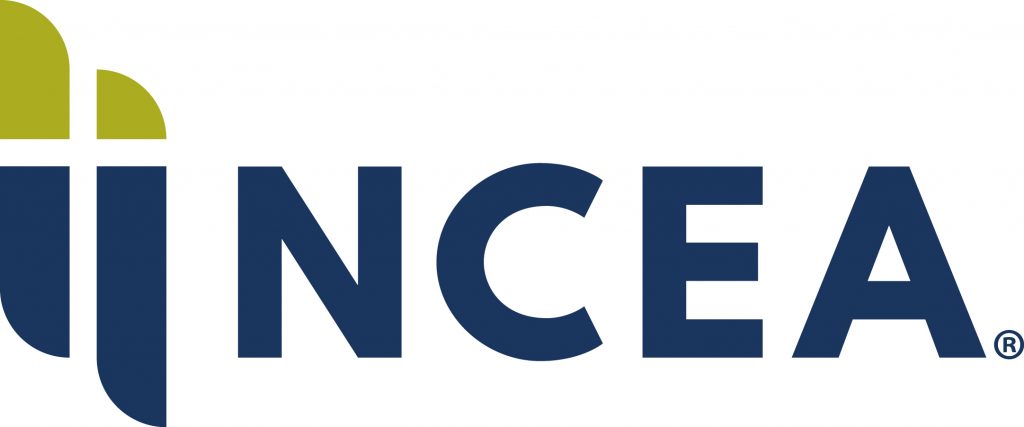Parental Choice Initiatives
President Trump’s campaign promises to create a federal school choice program that would provide financial assistance to middle and low-income parents to assist with their selection of a school for their children has met with major obstacles in Congress. The House education budget committee’s rejection of Education Secretary DeVos’ budget request for a limited school choice research project and a portability program that would allow Title I funds to follow students to a public school of their choice showed how limited support for choice among her own party members is. Likewise, the Senate budget committee rejected any choice programs and inserted legislative language to prohibit the Secretary of Education from using any discretionary funds to support choice initiatives.
Although Senator Lamar Alexander, Chairman of the Senate education committee, affirmed his support for parental choice, he did not make a bill a priority for his committee. He indicated that school choice has been successful on state levels and that might be where the focus should remain. Currently, there are 61 school choice programs available in 30 states and a federal scholarship program in the District of Columbia and several other states are considering proposals for some type of choice program.
As legislators prepare for a major tax reform bill, it seems less likely that inclusion of a federal education tax credit will be part of the package. While the Trump administration has promoted such a program as a prominent piece of it agenda, it is not following through. The president appears to be leaving the actual work of drafting tax reform to congressional leadership and the major tax-writing committees where congressional embrace of a federal school choice tax credit has not gained traction. This will be an area where parental choice advocates will need to place significant attention and lobbying efforts to hold the administration accountable for its campaign promises.
Termination of the Deferred Action for Childhood Arrivals (DACA) program:
While the long-term status of DACA is yet to be determined its potential impact on Catholic schools and students in the short term remains the status quo. Schools are not required to ask about immigrant status since the U.S. Supreme Court in Plyler v Doe (1982) ruled that all children are entitled to a public education, regardless of citizenship or immigration status. Specifics pertaining to Catholic schools’ policies and responses to potential effects of DACA termination, as well as other immigration regulations, should be developed in consultation with the local Catholic schools office and the bishop.
In a national press release the National Catholic Educational Association (NCEA) joined its voice with that of the Catholic Bishops in decrying the Administration’s termination of DACA and has asked Catholic school communities across the country to pray for a quick legislative response to continue the protection of students and their families.
